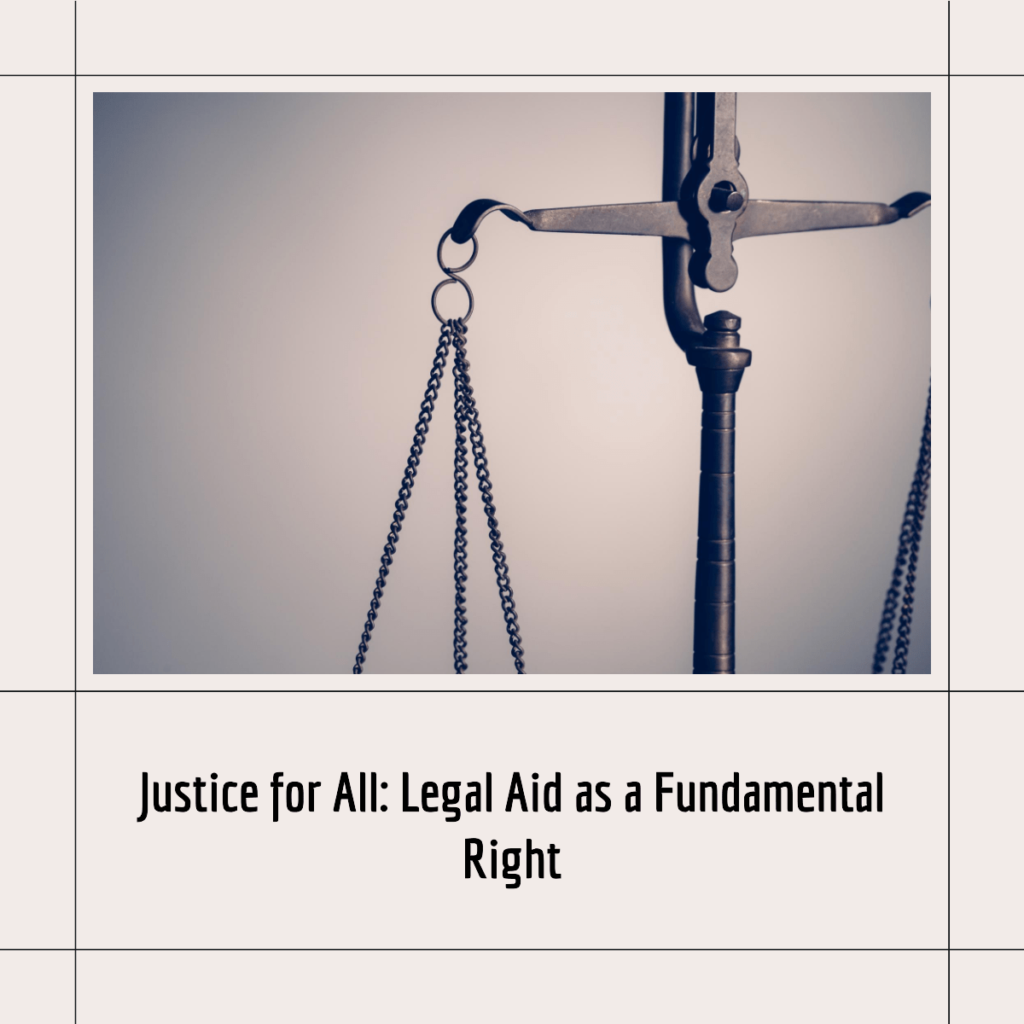Legal Aid as a Fundamental Right: In a landmark legal battle that resonates with the heartbeat of justice, the case of Madhav Hayawadanrao Hoskot vs State Of Maharashtra, decided on 17 August 1978, stands as a testament to the inviolable right to personal liberty enshrined in Article 21 of the Constitution of India. This case underscores the crucial significance of upholding constitutional rights, especially in the realm of personal freedom and justice.

Ensuring Fair Procedures:
The judgment underscores the pivotal role of fair and reasonable procedures in safeguarding the cherished right to personal liberty. The court asserts that any legally established procedure must meet rigorous standards of reasonableness and justice. The phrase “procedure established by law” isn’t a mere formality but a shield against arbitrary, oppressive, or unjust measures.
The Essence of Reasonableness:
According to the court, the principle of reasonableness is the very soul of justice. It permeates Article 14, ensuring non-arbitrariness, and extends its benevolent gaze to Article 21. Furthermore, the procedure contemplated by Article 21 must be “right and just and fair,” eschewing any hint of arbitrariness or oppression.
A Mandate for Legal Aid:
Of particular significance is the case’s reaffirmation of the right to legal aid as an indispensable element of fair procedure. The court recognizes that justice, especially in criminal proceedings threatening loss of liberty, hinges on professional expertise. This recognition aligns seamlessly with global standards emphasizing legal assistance for those unable to secure it themselves.
Legal Aid as a Fundamental Right:
The judgment echoes the Constitutional directive enshrined in Article 39A, emphasizing equal justice and free legal aid. Furthermore, the State is mandated to ensure that economic or other disabilities do not become barriers to justice. Through its pronouncement, the court strengthens the nexus between Article 21 and Article 39A, underscoring legal aid not as a charitable endeavor but as an integral facet of the State’s obligation to its citizens.
Conclusion:
Madhav Hayawadanrao Hoskot vs State Of Maharashtra is not merely a legal precedent; it is a resounding affirmation of the principles that form the bedrock of a just and fair society. The judgment serves as a compass, guiding us toward a legal landscape where fair procedures and access to legal aid are not mere ideals but fundamental rights that breathe life into the very fabric of our Constitution.



Leave a Reply